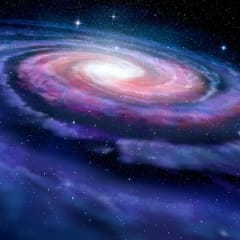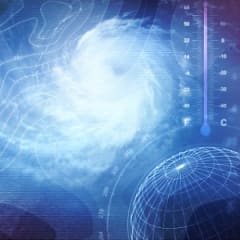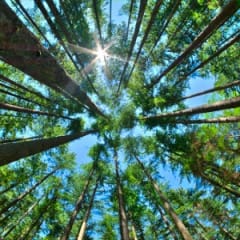1. Astronomer
2. Geologist
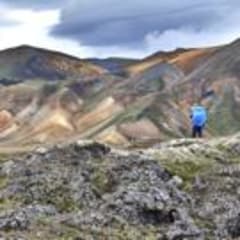
Geologist
Geology is a study that encompasses all the materials that make up the earth, the forces that act upon the earth, as well as the biology of ancestral inhabitants based on fossil records.
3. Chemist
4. Meteorologist
5. Volcanologist
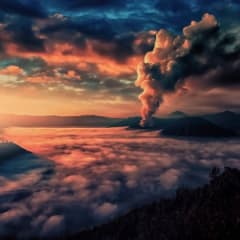
Volcanologist
A volcanologist is a highly educated specialist in geophysics who studies active and inactive volcanoes.
6. Forensic Science Technician

Forensic Science Technician
A forensic science technician is someone who helps investigate crimes by collecting and analyzing physical evidence.
7. Particle Physicist

Particle Physicist
Particle physics is a branch of physics dealing with subatomic (smaller than an atom) elements of matter and radiation as well as subatomic particles.
8. Cartographer
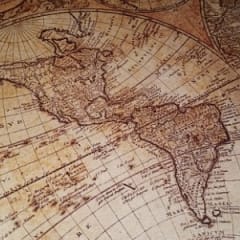
Cartographer
The first maps were manually constructed with brushes and parchment, dating back many centuries.
9. Climate Change Analyst

Climate Change Analyst
Climate change is a hot topic these days, both scientifically and politically.
10. Conservation Scientist
11. Biochemist

Biochemist
Who are the people that develop new drugs and medications, such as those used to treat cancer or Alzheimer’s disease?
12. Environmental Consultant
13. Geographer
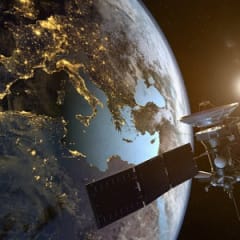
Geographer
A geographer is someone who studies the earth and its land, features, and inhabitants.
14. Atmospheric Scientist

Atmospheric Scientist
How interesting would it be to study the Earth's atmosphere and all its inner-workings?
15. Hydrologist
16. Soil and Water Conservationist

Soil and Water Conservationist
A soil and water conservationist is a type of conservation scientist that performs land surveys, designs soil or water conservation plans, creates guidelines to prevent erosion, develops practices for sustainable land use, and monitors water and soil conditions.

